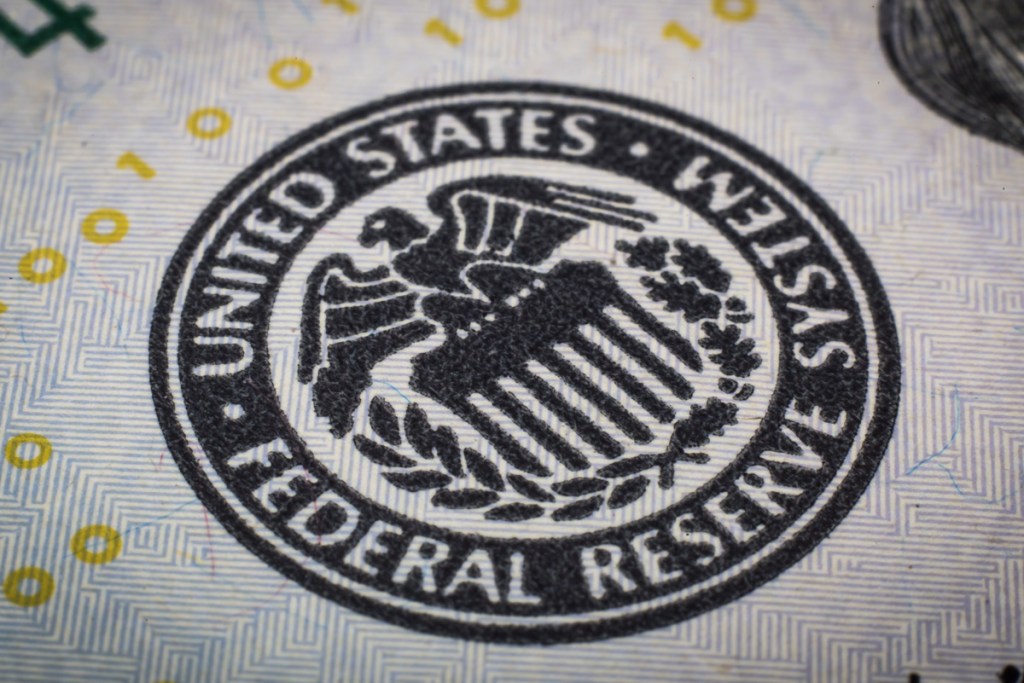Judy Shelton, the controversial nominee to an empty seat on the Federal Reserve’s Board of Governors, won narrow approval on Tuesday in a Senate Banking Committee vote. She now advances to consideration by the full Senate.
Shelton, a Fed critic who has advocated for greater coordination between the White House and the central bank that sets the nation’s monetary policy, was an advisor to the campaign of President Donald Trump in 2016. For decades she has advocated for a return to the gold standard, putting her far outside the mainstream of American economists.
The Fed, so far impervious to Trump’s attempts to influence monetary policy, has provided steady support to the economy as the worst public health crisis in more than a century – the COVID-19 pandemic – caused the steepest recession since the Great Depression.
Among other actions, Chairman Jerome Powell announced in March the central bank would start buying Treasuries and mortgage-backed bonds to support the housing finance system. The purchases have driven home-loan interest rates to a series of new lows including last week when the average rate fell below 3% for the first time.
“Amid the chaos of the Trump administration, the U.S. Federal Reserve has stood out as an island of professionalism,” Bloomberg said in an editorial published before the Senate vote. “If the Senate Banking Committee wants to keep it that way, it should think twice before confirming Judy Shelton’s nomination to the Fed’s Board of Governors.”
Shelton has written dozens of books and articles over three decades advocating positions such as a return to the gold standard, a monetary policy abandoned by the U.S. almost five decades ago.
She was opposed to monetary easing in the years after the Great Recession, when President Barack Obama was in the White House, then reversed course and called for reductions when Trump began demanding the Fed cut rates to below zero last year.
After Trump nominated her in July, Shelton advocated for policy coordination between the Fed and the White House, which would break a decades-long tradition of Fed independence that economists credit with keeping inflation – and mortgage rates – near historic lows.
“It would be in keeping with its historical mandate if the Fed were to pursue a more coordinated relationship with both Congress and the president,” she wrote in a Wall Street Journal column on Sept. 16.
The Senate committee also voted to approve a second Trump nominee to the Fed, Christopher Waller, the director of research at the Federal Reserve Bank of St. Louis. Waller had broad support on the committee.






